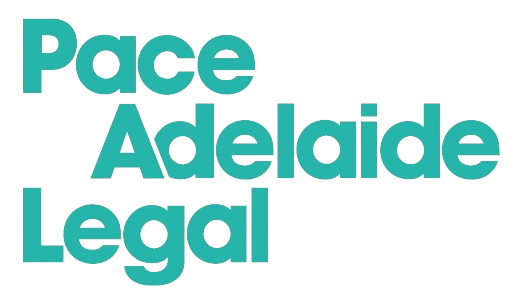Do I Have A Contract?

There are many reasons for entering into a ‘contract’. You may enter into a contract for work, a contract of sale, building contracts or even a business agreement. Whatever type of contract you enter into, it should be set up to give each party peace of mind, knowing that both ends of the bargain will be performed.
In Australia, contracts can be verbal and/or in writing.
But when are verbal discussions or written documents considered to be ‘contracts’?
Typical elements of a Contract
The elements of a legally binding contract are generally as follows:
- The parties have reached agreement on the terms of the contract (offer and acceptance);
- Consideration;
- The parties intend the contract to be legally binding;
- The terms are certain and complete.
Agreement on terms
This element is relatively straightforward. Courts will usually attempt to identify an ‘offer’ that has been made by one party and ‘accepted’ by another. However, when it is difficult to identify an ‘offer’ or ‘acceptance’, Courts can still find an agreement as to terms if it appears the parties have reached a concluded bargain. This is easier to show evidence of when there is a concluded and signed document in writing.
Consideration
This is usually a straightforward exercise as well as most contracts envision an exchange of a monetary sum for a promise of goods or services. Consideration need not be monetary however, it is merely something that the law regards as valuable.
Intention to create legal relations
There must be an intention to form a legally binding contract. Generally, an intention to create legal relations is presumed to exist for commercial dealings and presumed not to exist for ‘private’ or ‘domestic’ relations. Despite this presumption, an intention to create a legally enforceable contract can be found between family members depending on the facts of each case.
Certainty and completeness
The essential terms of a contract must be certain and complete. Generally, the Court will try to ‘fill the gaps’ through implied terms, however if essential terms are not agreed upon, and there is no formula or machinery to cure that incompleteness, the contract will be deemed void.
Courts will also strive to uphold an agreement in the face of uncertainty – especially if the parties have been performing. However, sometimes these agreements are so vague or unclear about what the responsibility of each party is, that the agreement cannot be upheld.
While contracts can be verbal, it is always easier to enforce something that is in writing.
Of course, each situation is different and dependent on the facts. If you are unsure whether or not your contract is valid and enforceable, or if you have any other questions, please do not hesitate to contact us on (08) 8410 9294 or via our contact us page – contact us.
